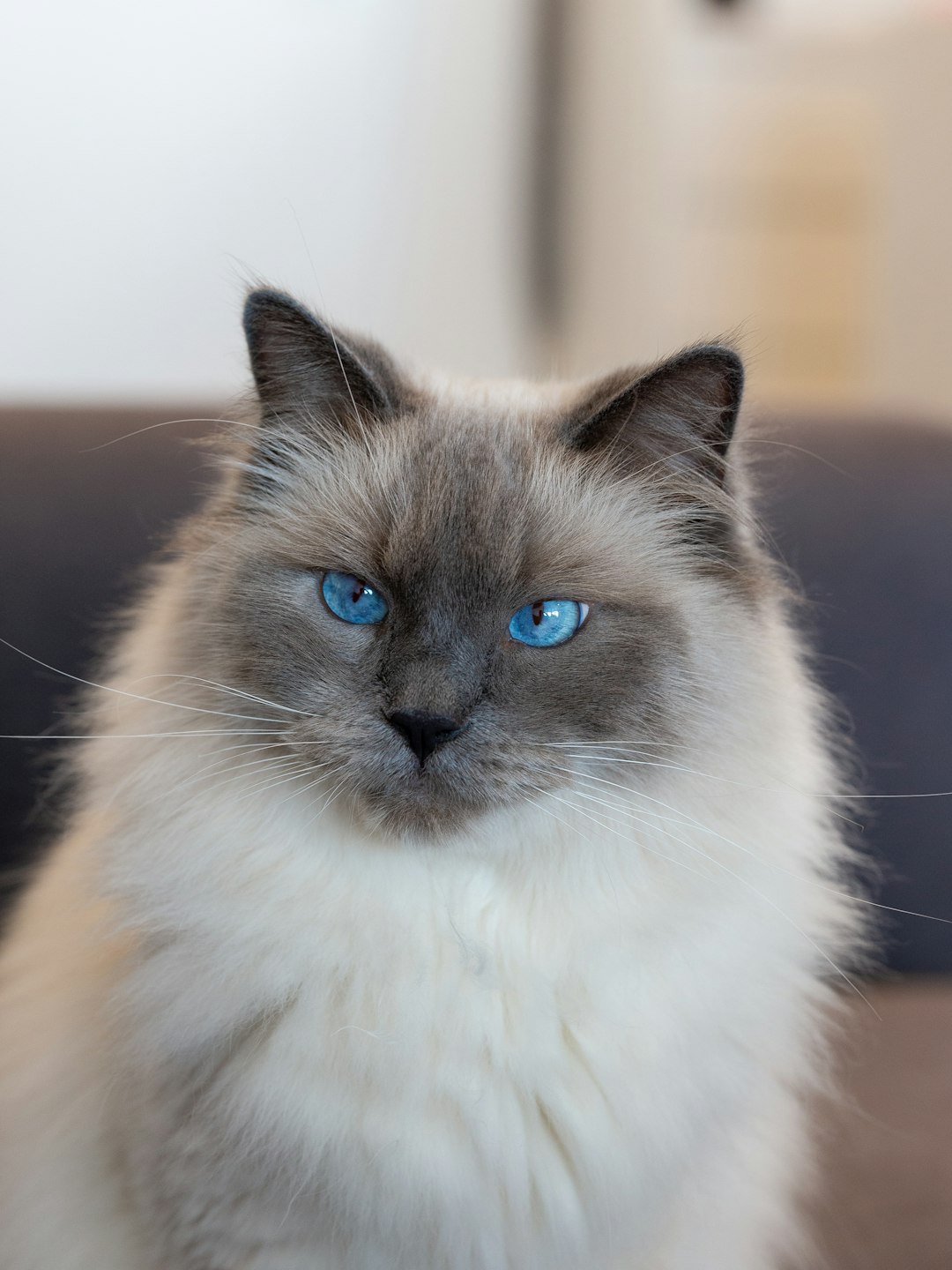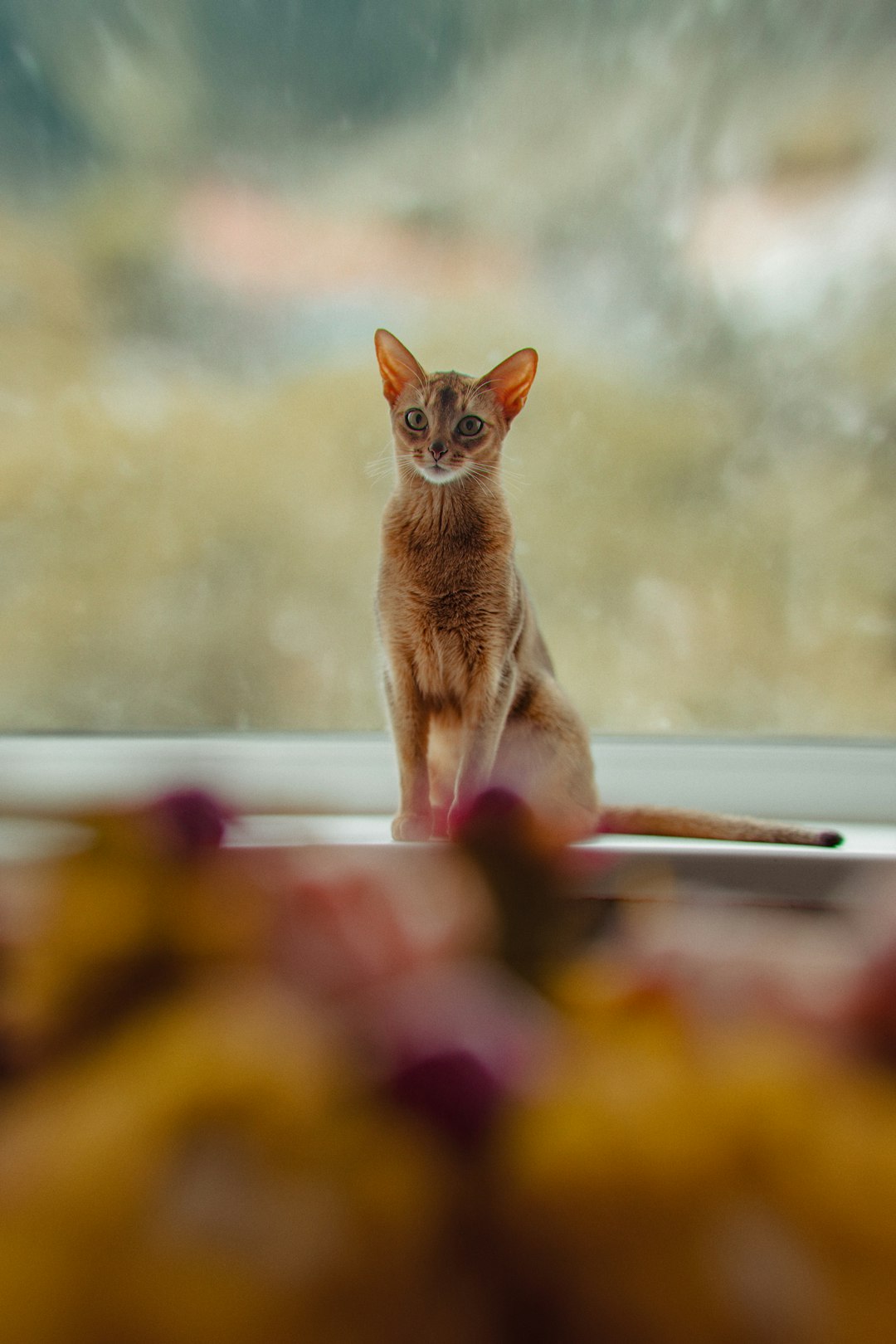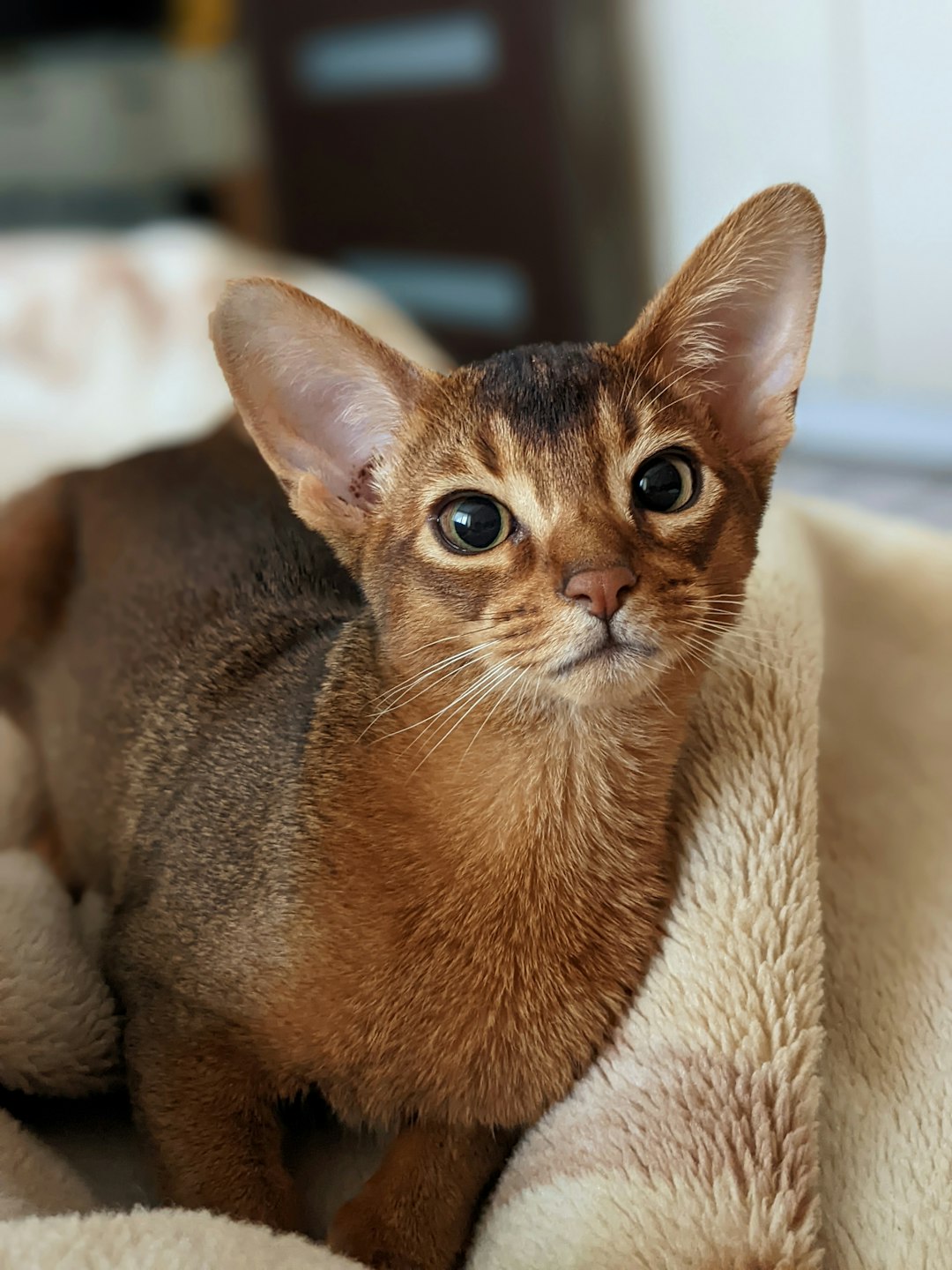The Black Maine Coon is a striking and majestic breed, renowned for its stunning appearance and delightful personality. With their large size, tufted ears, and luxurious fur, these cats stand out in any home. However, owning a Black Maine Coon requires understanding their unique characteristics and needs, from grooming to diet. By delving into the intricacies of their care and behavior, prospective owners can ensure a harmonious life with these gentle giants. Whether you’re looking to adopt or searching for breeders, knowing what to expect is essential in welcoming a Black Maine Coon into your family.
Introduction to the Black Maine Coon
The Black Maine Coon is a strikingly beautiful and large cat breed, known for its charming personality and playful demeanor. Originating in the rugged landscapes of Maine, these cats are celebrated for their robust build, tufted ears, and bushy tails.
Key features that define the Black Maine Coon include:
- Coat: The Black Maine Coon boasts a glossy, dense fur coat that requires regular grooming to keep it looking its best.
- Size: They are among the largest domestic cat breeds, with males weighing between 13 to 18 pounds and females typically weighing 8 to 12 pounds.
- Temperament: These cats are known for their affectionate nature, often forming strong bonds with their human companions, and displaying a playful curiosity.
The Black Maine Coon is not only visually impressive but also has a friendly disposition, making them an excellent choice for families and individuals alike. If you are considering bringing one into your home, you’ll quickly discover their unique charm and dynamic personality.
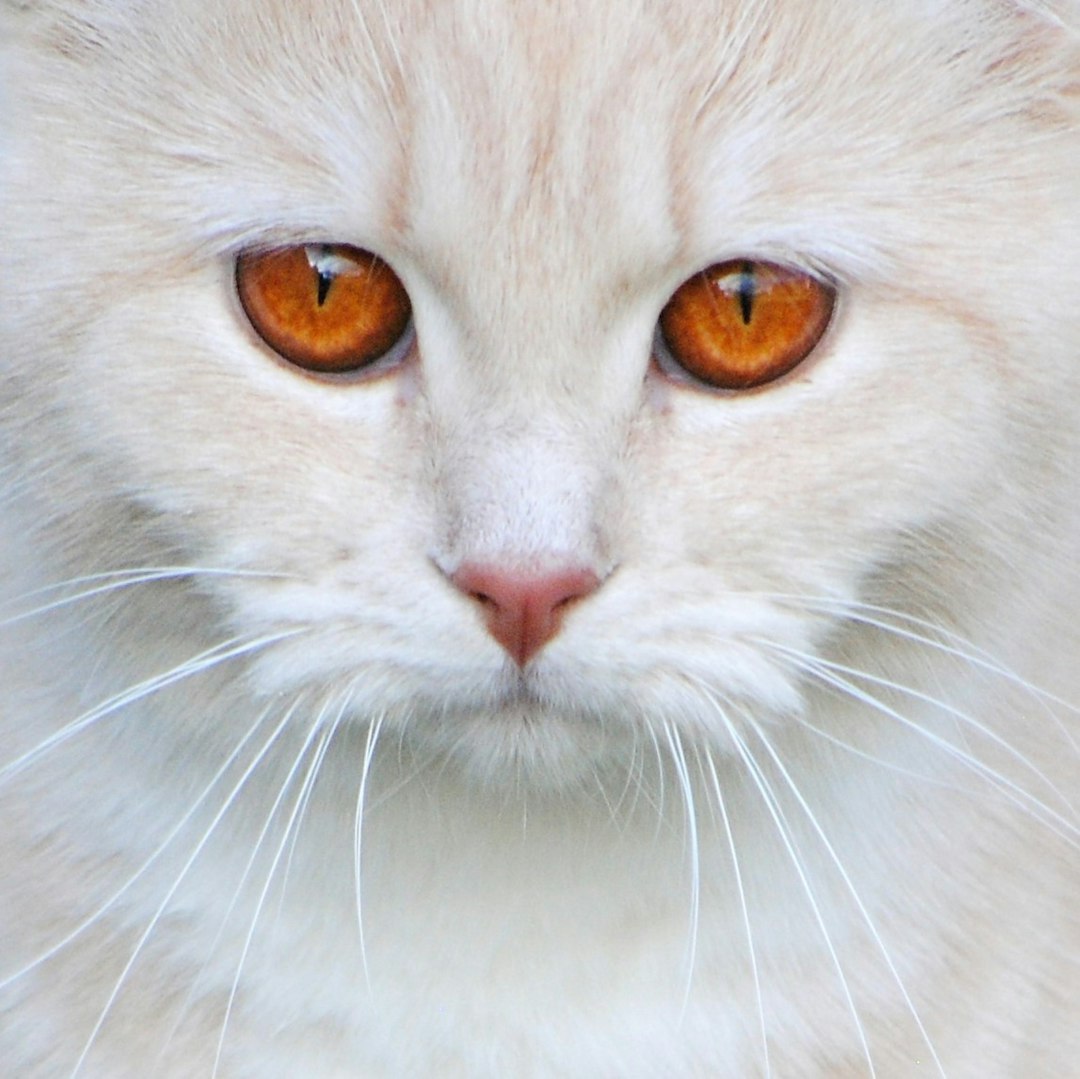
Physical Characteristics of Black Maine Coons
The Black Maine Coon is not only distinctive but also showcases a magnificent display of features that set it apart from other breeds. Here are the key physical attributes:
- Size: The Black Maine Coon is one of the largest domesticated cat breeds. Males typically weigh between 13-18 pounds, whereas females weigh around 8-12 pounds.
- Fur: They possess a long, water-repellent double coat that can appear fluffy and dense. The luscious black coloration often has a shiny sheen.
- Ears: With tall, tufted ears, this breed exudes an air of elegance. The ears are broad at the base and taper to a point, adding to their majestic appearance.
- Eyes: The striking eyes of a Black Maine Coon are large and expressive. They can be copper, gold, or green, and often create a captivating contrast with their dark coat.
- Tail: This breed sports a long, bushy tail, which is used for balance and warmth.
In summary, the physical characteristics of the Black Maine Coon create a stunning visual presence, making it a favorite among cat lovers.
Personality Traits and Behavior
The Black Maine Coon is not just a stunning breed but also boasts a captivating personality that makes it a beloved companion. Here are some key traits to expect:
- Affectionate Nature: Black Maine Coons love to bond with their humans. They often seek out attention and enjoy cuddling.
- Intelligent and Curious: These cats are highly intelligent. They thrive on mental stimulation, often engaging in playful exploration of their surroundings.
- Social Butterflies: Black Maine Coons typically get along well with other pets and children. They are known for their gentle demeanor and are less territorial than other breeds.
- Vocalization: Unlike some quieter breeds, these cats communicate with a variety of chirps and trills, making it easy to understand their needs.
Comparison of Traits
| Trait | Description |
|---|---|
| Affectionate | Enjoys human interaction |
| Intelligent | Quick learners; enjoys puzzles |
| Social | Friendly with kids and other pets |
| Vocalization | Communicates with distinct sounds |
In summary, the Black Maine Coon combines beauty with a winning personality, making them an excellent choice for families and individuals alike.
Grooming and Care Requirements
Caring for a Black Maine Coon involves consistent grooming to maintain its stunning coat and overall health. Here are some essential grooming tips:
Brushing:
- Brush your Black Maine Coon at least 2-3 times a week. This helps prevent matting and reduces shedding.
- Use a wide-toothed comb followed by a slicker brush for best results.
Bathing:
- Bathe your cat every 2-3 months or when necessary to keep its coat clean and healthy. Use a mild cat shampoo.
Nail Trimming:
- Trim your Black Maine Coon’s claws every 2-4 weeks to keep them from becoming overgrown and prevent furniture damage.
Ear and Eye Care:
- Check ears weekly for dirt or wax buildup. Wipe with a damp cloth if needed.
- Clean your cat’s eyes with a soft, damp cloth to remove any discharge.
Dental Hygiene:
- Brush your cat’s teeth regularly to prevent dental issues. Consider dental treats to aid in this process.
By following these grooming guidelines, you can ensure that your Black Maine Coon remains healthy and looks its best, while also fostering a strong bond between you and your feline companion.
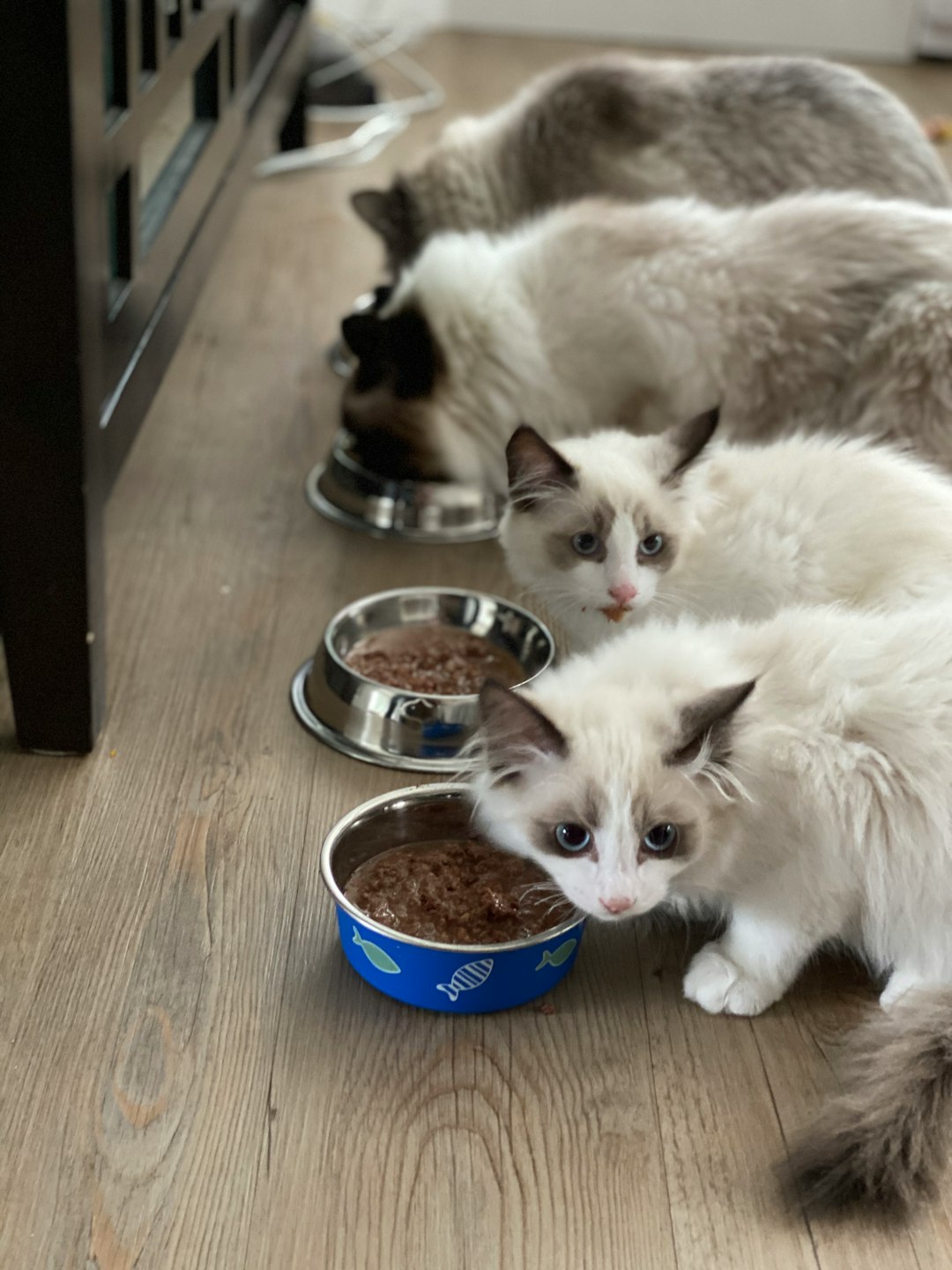
Diet and Nutrition for Black Maine Coons
Proper nutrition plays a crucial role in the health and well-being of your Black Maine Coon. To keep them thriving, consider the following dietary guidelines:
High-Quality Protein: Black Maine Coons, being large and active cats, require a diet rich in high-quality animal protein. Look for foods that list meat as the first ingredient.
Balanced Diet: A nutritious balance of proteins, fats, and carbohydrates is essential. Incorporate a mix of wet and dry food to ensure hydration and palatability.
Taurine: Ensure your cat’s food contains adequate levels of taurine, an essential amino acid crucial for heart health and vision.
Avoid Fillers: Steer clear of foods containing excessive fillers like corn and wheat, as they offer little nutritional value.
Portion Control: Adjust portions based on your Black Maine Coon’s activity level and age. Obesity can lead to various health issues.
By providing your Black Maine Coon with a well-rounded diet, you can support their vitality and longevity, allowing them to enjoy a happy and healthy life.
Health Considerations and Common Issues
When it comes to the Black Maine Coon, it’s essential to be aware of specific health considerations to ensure a happy, long life. While these cats are generally robust, they can be prone to certain health issues. Here’s what to watch for:
- Hypertrophic Cardiomyopathy (HCM): This is a common heart condition in Maine Coons. Regular veterinary check-ups can help detect any early signs.
- Hip Dysplasia: Larger breeds like the Black Maine Coon may face joint issues. Keeping an eye on their mobility can help catch problems early.
- Spinal Muscular Atrophy (SMA): This genetic disorder affects the spinal cord and can lead to muscle weakness. Genetic testing can identify carriers.
- Dental Issues: Like all cats, they can suffer from dental problems. Regular tooth brushing and vet dental cleanings can make a significant difference.
Comparison of Health Issues
| Health Issue | Common in Black Maine Coon | Preventative Measures |
|---|---|---|
| Hypertrophic Cardiomyopathy | Yes | Regular vet check-ups |
| Hip Dysplasia | Yes | Maintain a healthy weight |
| Spinal Muscular Atrophy | Yes | Genetic testing |
| Dental Issues | Common | Regular dental care |
By being proactive about their health, you can enjoy many wonderful years with your Black Maine Coon!
Finding a Black Maine Coon: Adoption and Breeders
When you decide to welcome a Black Maine Coon into your home, it’s essential to find a reputable source. Here are your options:
Adoption
- Shelters and Rescues: Many shelters hold Maine Coon cats, including the striking Black Maine Coon. Adopting from these organizations gives a cat a second chance at life.
- Breed-Specific Rescues: Look for rescues that focus on Maine Coons, as they often have purebred cats available for adoption.
Breeders
- Registered Breeders: Choose breeders who are registered with organizations such as the CFA or TICA. This ensures they follow ethical breeding practices.
- Visit the Facility: Arrange a visit to see the conditions in which the kittens are raised. A responsible breeder will prioritize health and socialization in their practices.
Considerations
- Health Testing: Ensure the breeder conducts health tests for common issues in Maine Coons, such as hypertrophic cardiomyopathy.
- Ask Questions: Inquire about the kitten’s lineage, vaccination status, and socialization efforts to make an informed decision.
Whether adopting or buying from a breeder, your Black Maine Coon deserves a loving home filled with care and attention.
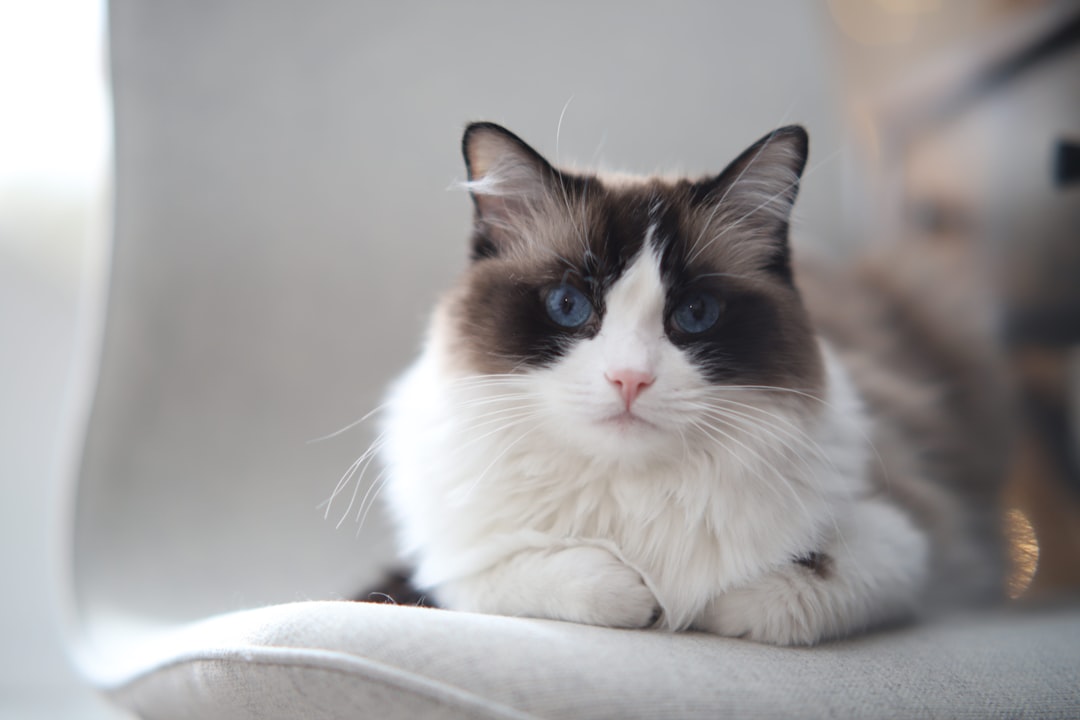
Preparing Your Home for a Black Maine Coon
Welcoming a Black Maine Coon into your home requires thoughtful preparation to ensure a smooth transition for both you and your new feline friend. Here are essential steps to take:
Create a Safe Space: Set up a designated area with a cozy bed, litter box, and food and water bowls, allowing your Black Maine Coon to acclimate to its new environment.
Adjust the Environment:
- Secure windows and balconies to prevent escapes.
- Remove toxic plants and hazardous items, ensuring a safe space.
- Keep small objects out of reach to avoid choking hazards.
Provide Enrichment:
- Invest in scratching posts, climbing trees, and interactive toys to engage your Black Maine Coon.
- Consider a cat tower for climbing and observing.
Establish Routine: Cats thrive on routine, so maintain consistent feeding and play schedules to help your Black Maine Coon feel secure.
By taking these steps, you create a welcoming environment that promotes the health and happiness of your new Black Maine Coon, fostering a lifelong bond between you both.
Frequently Asked Questions
What are the key physical characteristics of a Black Maine Coon?
The Black Maine Coon is renowned for its striking appearance, characterized by its long, shaggy coat that can exhibit a rich deep black hue, often with a silvery undercoat. They possess large tufted ears that add to their majestic look, along with expressive, oval-shaped eyes that may be gold or green. Their muscular build and bushy tails, along with a distinctive ruff of fur around the neck, further enhance their regal profile. Overall, these cats exude an air of elegance combined with robust physicality.
What specific care do Black Maine Coons require?
Caring for a Black Maine Coon involves several important facets. First, their long fur requires regular grooming, ideally several times a week, to prevent matting and reduce shedding. Feeding them a high-quality, balanced diet tailored for large breeds is crucial for their health, particularly to support their joints and muscles. Additionally, providing ample exercise through playtime is important, as they are an active breed. Regular veterinary check-ups ensure they remain healthy and that vaccinations are up to date. Overall, diligent care maintains their physical and emotional well-being.
Where can I find a Black Maine Coon to adopt or purchase?
Finding a Black Maine Coon can be accomplished through various channels. Reputable breeders who specialize in Maine Coons are a great option, as they ensure the kittens are well-socialized and health-checked. Additionally, cat rescue organizations and animal shelters sometimes have Maine Coons available for adoption, including those with the desired black coloration. Online platforms like breed-specific forums or adoption websites also offer listings where potential owners can connect with available cats. Always ensure that any source prioritizes the health and welfare of the cats.
Are Black Maine Coons known for any unique behavioral traits?
Yes, Black Maine Coons, much like their counterparts in different colors, are known for their sociable and friendly nature. They often exhibit dog-like behaviors, such as following their owners around, and are generally good with children and other pets. Their intelligence makes them easy to train, and they enjoy interactive play. This breed also has a reputation for being vocal, often communicating with a variety of chirps and trills. Overall, their affectionate demeanor makes them wonderful companions.

